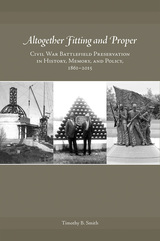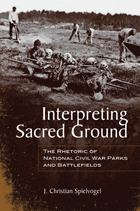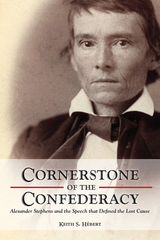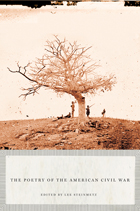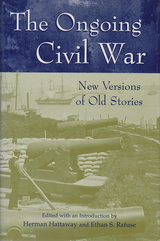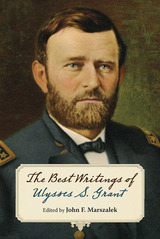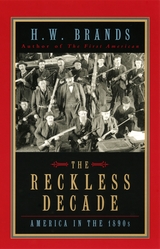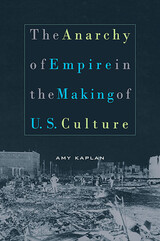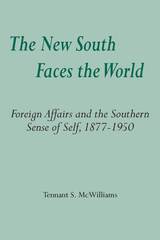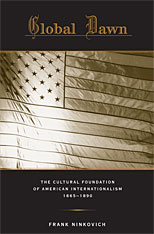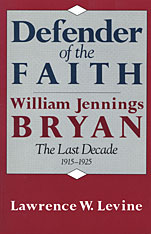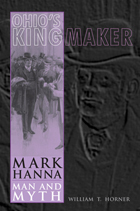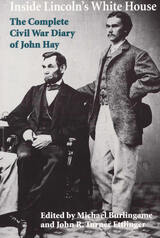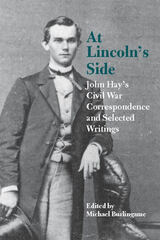1. Speech of Acceptance, 5
(Cincinnati, Ohio, July 28, 1908)
2. The Republican Party's Appeal, 36
(The Independent, October 15, 1908)
3. Inaugural Address, 44
(March 4, 1909)
4. Message Convening Congress in Extra Session, 56
(March 16, 1909)
5. Grover Cleveland, 58
(Memorial, New York, New York, March I8, 1909)
6. Proposed Tariff-Revision Law of I909 for the Philippine Islands, 64
(Message to Congress, April 4, 1909)
7. Government of the District of Columbia, 66
(Washington, D. C., May 8, 1909)
8. Concerning Affairs in Puerto Rico, 72
(Message to Congress, May 10, 1909)
9. Address at the Unveiling of the Pennsylvania Memorial, 79
(Petersburg, Virginia, May I9, 1909)
10. Mecklenburg Declaration, 82
(Charlotte, North Carolina, May 20, 1909)
11. The Negro and the South, 89
(Washington, D. C., May 26, 1909)
12. Rodelph Shalom Temple, 94
(Pittsburgh, Pennsylvania, May 29, 1909)
13. The Regular Army of the United States, 96
(Gettysburg, Pennsylvania, May 31, 1909)
14. An Answer to the Panama Canal Critics, 100
(McClure's, May, 1909)
15. Judicial Decisions as an Issue in Politics, 114
(McClure's, June, 1909)
16. Concerning the Government of Cuba, 131
(Message to Congress, June , 1909)
17. Concerning Tax on Net Income of Corporations, 133
(Message to Congress, June 16, 1909)
18. Address at the Unveiling of the Memorial to Dr. Benjamin F.
Stephenson, Founder of the Grand Army of the Republic, 136
(Washington, D.C., July 3, 1909)
19. Address at the Two Hundred and Fiftieth Anniversary of the Founding
of Norwich, Connecticut, 139
(July 5, 1909)
20. Address at the Catholic Summer School of America, I43
(Cliff Haven, New York, July 7, 1909)
21. Speech at the Banquet, Boston Chamber of Commerce, 146
(September 14, 1909)
22. Labor and the Writ of Injunction, 153
(Chicago, Illinois, September 16, 1909)
23. Postal Savings Banks, 161
(Milwaukee, Wisconsin, September �7, 1909)
24. The Tariff, 167
(Winona, Minnesota, September 17, 1909)
25. Amendment of Interstate Commerce Law, 184
(Des Moines, Iowa, September 20, 1909)
26. Corporation and Income Taxes, I94
(Denver, Colorado, September 21, 1909)
27. A Soft Answer Turneth away Wrath, but Grievous Words Stir up
Anger, 204
(Salt Lake City, Utah, September26, 1909)
28. Remarks at the Young Men's Christian Association, 211
(Salt Lake City, Utah, September26, 19099)
29. Conservation of National Resources, 213
(Spokane, Washington, September 28, 1909)
30. Alaska, 221
(Seattle, Washington, September 29, 1909)
31. Alaska, Merchant Marine, and Subsidy, 228
(Tacoma, Washington, October 1, 1909)
32. The Tariff, Income and Corporation Taxes, 237
(Portland, Oregon, October 2, 1909)
33. Remarks to the Pupils of St. Mary's Academy, 250
(Portland, Oregon, October3, 1909)
34. Address at the Laying of the Cornerstone of the
Universalist Church, 252
(Portland, Oregon, October 3, 1909)
35. Subsidy, Merchant Marine, and Conservation of
National Resources, 255
(San Francisco, California, Octobers, 1909)
36. He Who Conquers Himself Is Greater Than He
Who Taketh a City, 263
(Fresno, California, October 10, 1909)
37. Panama Canal and Merchant Marine, 268
(Los Angeles, California, October 1, 1909)
38. Missions, 275
(Riverside, California, October 12, 1909)
39. Statehood, 278
(Phoenix, Arizona, October 13, 1909)
40. Statehood, 281
(Prescott, Arizona, October 13, 1909)
41. Interviews with President Diaz of Mexico, 285
(El Paso, Texas and CiudadJuarez, Mexico, October 16, 1909)
42. Toast of President Diaz at Banquet Tendered by Him to President Taft
[and Response of President Taft], 288
(Ciudad Juarez, Mexico, October i6, 1909)
43. Remarks at the Dedication of the Gift Chapel at Fort Sam Houston,
Presented by the Citizens of San Antonio, Texas, 290
(October 17, 1909)
44. Conservation of National Resources and Waterways, 294
(Corpus Christi, Texas, October 22, 1909)
45. Conservation of National Resources and Irrigation, 300
(Dallas, Texas, October 23, 1909)
46. Conservation and Waterways, 305
(St. Louis, Missouri, October 25, 1909)
47. Remarks at the Waterways Convention, 309
(New Orleans, Louisiana, October3o, 1909)
48. Woman's Education, 314
(Columbus, Mississippi, November 2, 1909)
49. The Development of the South, 317
(Birmingham, Alabama, November 2, 1909)
50. Wisdom and Necessity of Following the Law, 321
(Macon, Georgia, November 4, 1909)
51. Trip of the President and Hospitality of the South, 326
(Charleston, South Carolina, November , 1909)
52. South Carolina and Her Traditions, 331
(Columbia, South Carolina, November 6, 1909)
53. Sanitation and Health of the South, 333
(Augusta, Georgia, November 8, 1909)
54. A Review of Legislation to be Enacted by Congress, 338
(Richmond, Virginia, November o, 1909)
55. Address at the Washington Convention of the Laymen's
Missionary Movement, 344
(Washington, D. C., November II, 1909)
56. Remarks at the Golden Jubilee Dedication of
St. Aloysius Church, 349
(Washington, D. C., November 14, 1909)
57. Waterways, 350
(Norfolk, Virginia, November Ip, 1909)
58. Industrial Education of the Negro, 354
(Hampton, Virginia, November 20, 1909)
59. Message to the Two Houses of Congress at the Second Session of the
Sixty-First Congress, 356
(December 7, 1909)
60. Address at the Sixth Annual Convention of the National Rivers and
Harbors Congress, 389
(Washington, D. C., December 8, 1909)
61. Remarks to the Ohio Valley Improvement Association, 395
(White House, December 9, 1909)
62. Remarks to the Committee of the Lakes-to-the-Gulf Deep Waterways
Association, 398
(White House, December 9, 1909)
63. Address at a Mass Meeting in Celebration of the Diamond Jubilee of
Methodist Episcopal Missions in Africa, 400
(New York, New York, December 13, 1909)
64. Remarks at the New Bowery Mission, 406
(New York, New York, December 13, 1909)
65. Interstate Commerce and Anti-Trust Laws and
Federal Incorporation, 408
(Message to Congress, January 7, 1909)
66. Conservation of National Resources, 426
(Message to Congress, January 14, 1910)
67. Uniformity of State Legislation, 435
(Washington, D. C, January 17, 1910)
68. Uniformity of State Legislation, 440
(White House, January 18, 1910)
69. The Philippine Islands, 443
(Washington, D. C., January 22, 1910)
70. The Republican Party's Promises, 450
(New York, New York, February 12, 1910)
71. Government Expenses and Economies, 464
(Newark, New Jersey, February 23, 1910)

